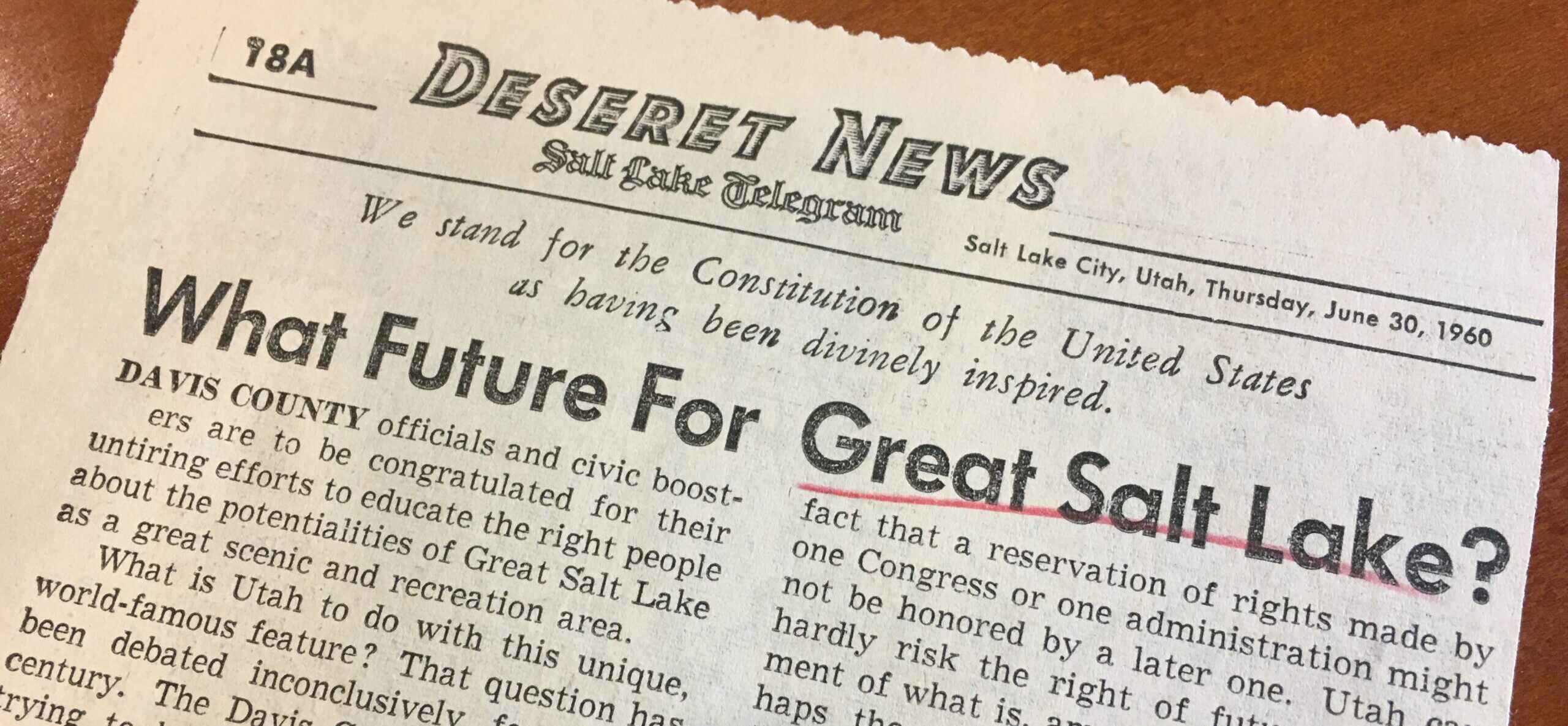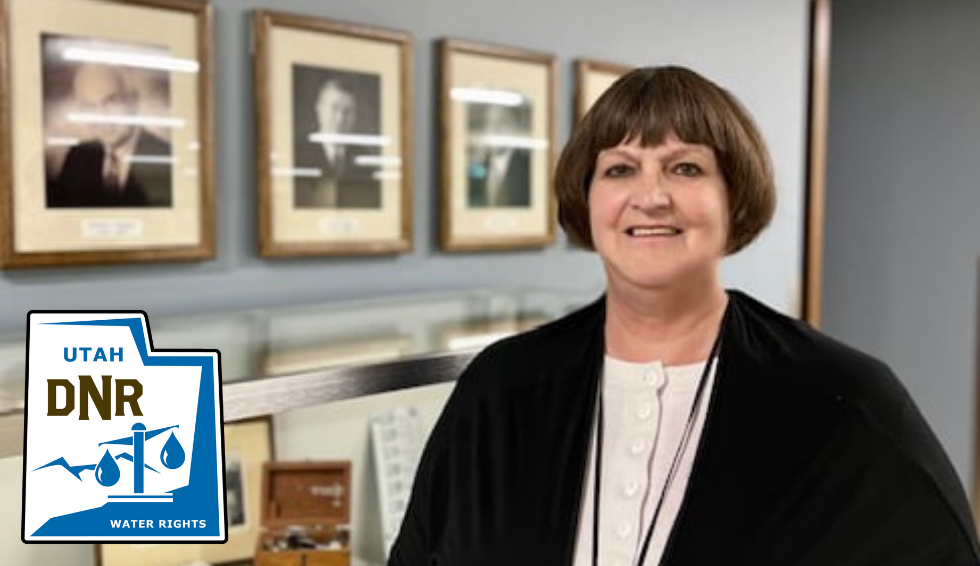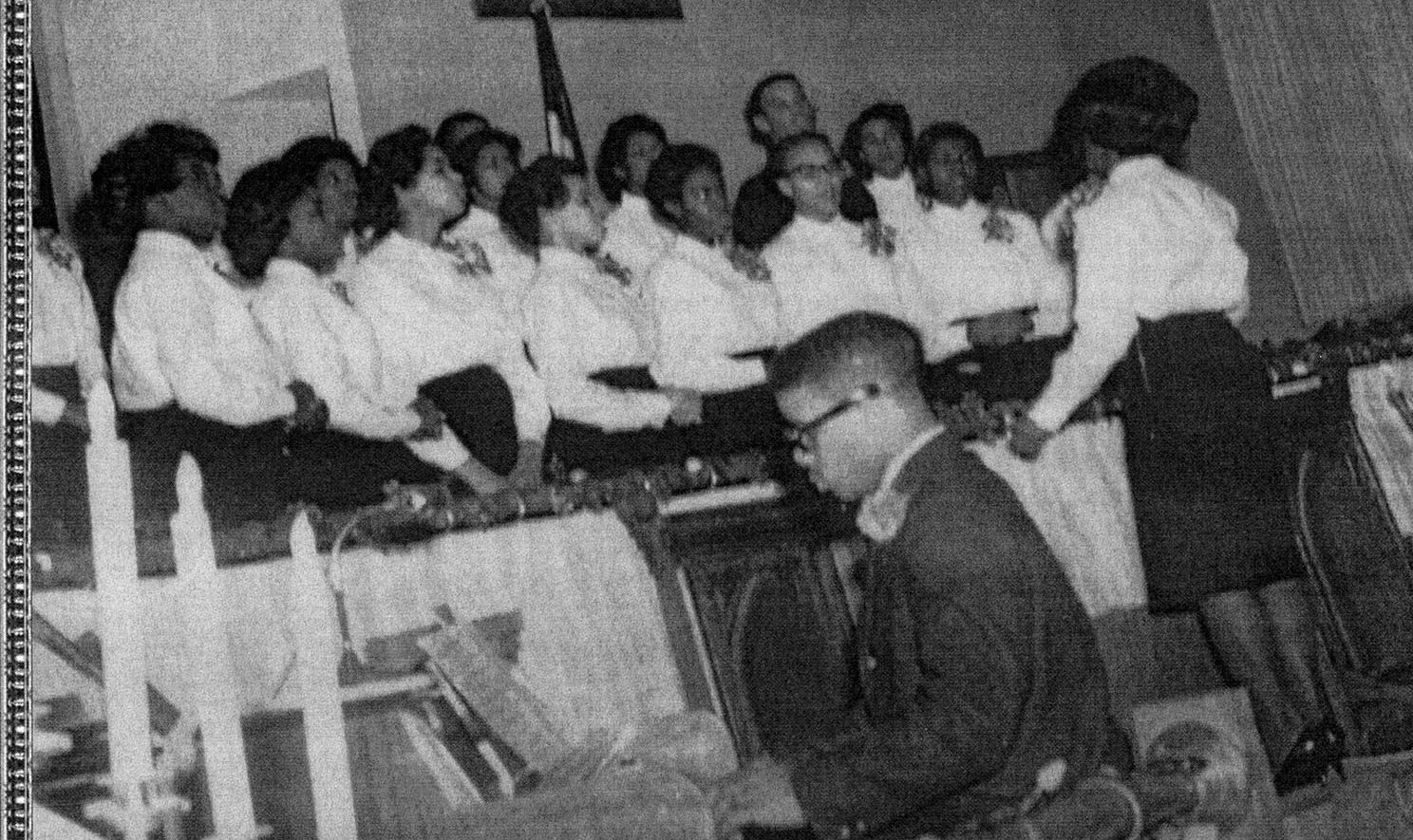
State Records Committee year in review: Highlights from 2018

State Records Committee members from left to right: Brad Westwood, Tom Haraldsen, Holly Richardson, David Fleming, Cindi Mansell, Patricia Smith-Mansfield, and Ken Williams.
As 2018 comes to a close, we thought that those with an eye on transparency might want to know what the State Records Committee (SRC) has been up to this year. The committee has been very busy. In 2018, the committee received approximately 100 appeals. Of those appeals, about 50 Decisions and Orders have been issued. We are within days of the last hearing for this calendar year and there are still several appeals on the December agenda. Here are just a few of the appeals that came before the committee this year.
One of the most notable hearings this year involved the Brigham Young University Police Department’s (BYU PD) assertion of their status as a non-governmental entity. The decision applied to three nearly identical requests (from different requestors) for the same record. BYU PD claimed the department is not a governmental entity and, therefore, not required to process record requests pursuant to GRAMA. In other words, because the GRAMA law only applies to governmental agencies, BYU PD does not have to provide access to their records as they are part of a private institution. The committee determined that the records should be provided to the petitioner because they were a public record and they had already been released to the public. The State Records Committee’s decision was subject to District Court’s decision in Salt Lake Tribune v. Utah State Records Comm., 3rd District Case No. 160904365. Meaning, if the District Court determined that the BYU PD is subject to GRAMA, then the SRC order to release records would be in force. But, if the District Court found that the BYU PD is not a governmental entity, then the SRC decision would be void because the SRC has no jurisdiction over a private entity. BYU PD filed an appeal and the matter is now before the Utah Supreme Court for a decision on whether BYU PD is or is not a governmental entity.
One petitioner requested text messages that were created at a city council meeting by a city commissioner on a private device during city council business. This question really came down to whether or not the text messages created on a private device were public records. The committee’s decision shows that those records belong to the state because the records were prepared by an employee of a governmental entity during the course of governmental business in a manner that could be reproduced (Utah Code 63G-2-103(22)) and, therefore, are part of the governmental record. They also recommended that the governmental entity should have a policy in place to to manage those records; in a way that allows them to determine the records’ classification and retention, and that the disposition of the records could be met.
Another interesting hearing involved an appeal by the People for Ethical Treatment of Animals (PETA) and Students for Animal Welfare (SAW) related to their request for records related to a federal investigation of an unfortunate incident where an animal died during a research study. PETA and SAW were appealing to the committed to receive a fee waiver from the University of Utah (U of U). The fees were to pay for the work U of U employees did to compile the requested records and redact any protected information. While the SRC did waive the fees, the more important piece of this decision is that governmental entities are required to provide petitioners with a breakdown of the fees assessed for staff time and copying costs to produce the records, not just an estimation of the total cost. This helps petitioners understand the costs associated with their requests.
One final hearing to note is regarding a request submitted by an incarcerated individual housed at a correctional facility. The focus of the arguments were whether an individual housed at a less restrictive housing complex (such as a halfway house rather than the Utah State Prison or a jail) met the definition of a correctional facility found in Utah Code §63G-2-201(9), which provides direction to government entities responding to requests from individuals who are incarcerated in a jail or other correctional facility following a conviction. The SRC’s decision found that the definition of correctional facility, while not defined in GRAMA, is defined elsewhere in statute, as “any facility operated to house offenders, either in a secure or non-secure setting” (Utah Code §64-13-1(3)). This decision meant that an incarcerated individual is entitled to records that only have a reference to themselves and they are limited to five record requests in any one calendar year (Utah Code §63G-2-201(9)).
Recent Posts

New Finding Aids at the Archives: April 2024

ARO Spotlight: Debbie Berry from the Division of Water Rights

Utah History Day 2024: Archival Research Winners

From Pews to Pixels: Weber State’s Stewart Library Digitizes New Zion Baptist Church’s Legacy

New Finding Aids at the Archives: March 2024
Authors
Categories
- Digital Archives/
- Electronic Records/
- Finding Aids/
- General Retention Schedules/
- GRAMA/
- Guidelines/
- History/
- Legislative Updates/
- News and Events/
- Open Government/
- Records Access/
- Records Management/
- Records Officer Spotlights/
- Research/
- Research Guides/
- State Records Committee/
- Training/
- Uncategorized/
- Utah State Historical Records Advisory Board/